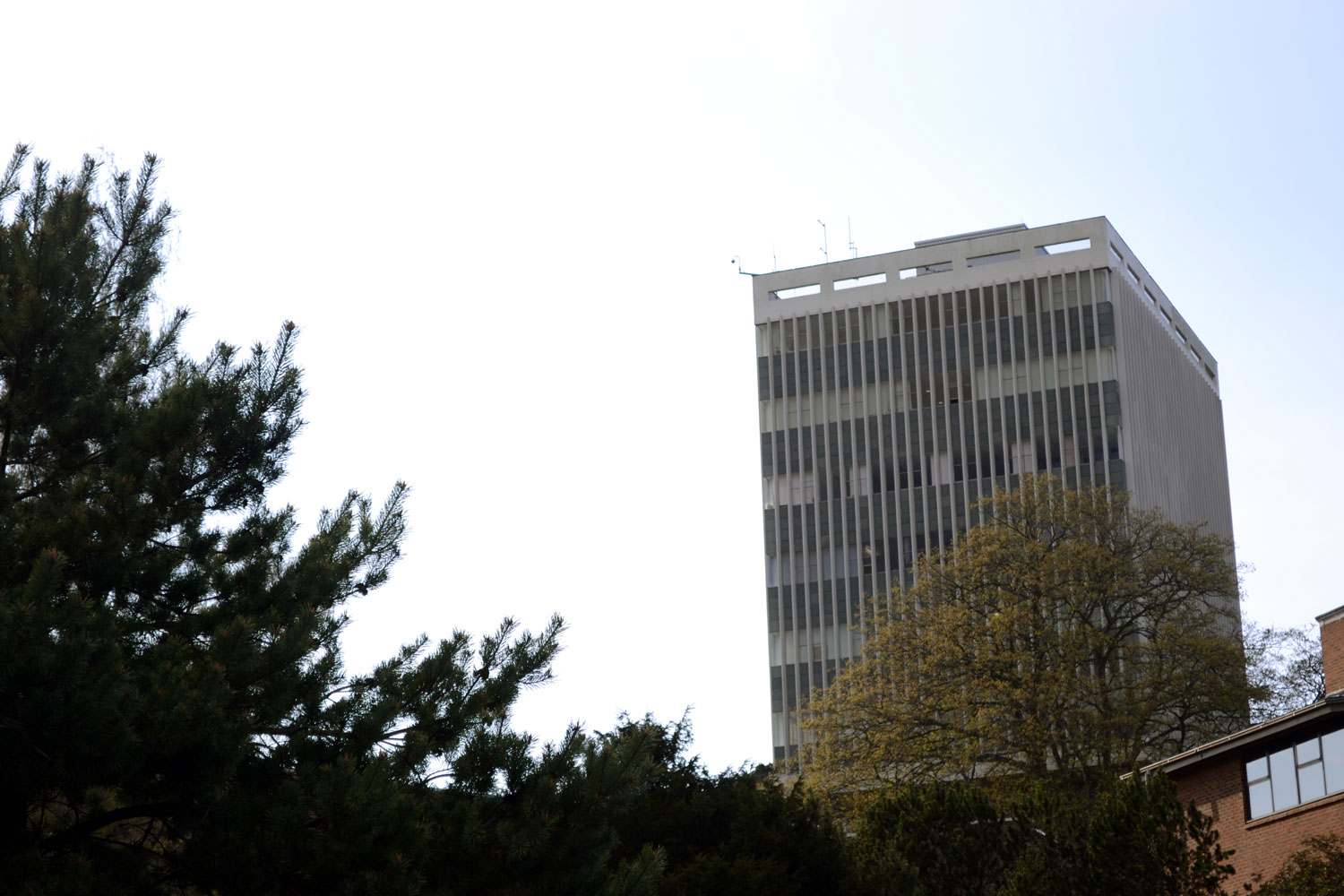It is a momentous day for me and rest of the remaining class of 2011 of the University of Exeter’s physics department. Today was our last ever results day. It was also the day where I found out, to my eternal delight, that the last 4 years have yielded a masters degree in physics; an MPhys Physics with Astrophysics. It’s not been without its late, sleepless nights and long, tiring days but there have been plenty of good times along the way, and I have made some very good friends. Not only have I now been awarded a masters degree, and I will become a graduate in July, but I have also managed to make the last step of securing myself a job next year.
The Story So Far
My time in education has been like most university students. I went through primary school, secondary school, college and then signed up for a degree. Also, like most I’m sure, I had absolutely no idea what I wanted to do after each of these steps. That was until a couple years ago. I didn’t do amazingly at A-level and the two subjects that caused me the most grief were mathematics and physics; odd because I excelled at maths at GCSE. Because of this, doing physics at degree level seemed like a very large gamble. However, somewhere around second year I managed to fall into my stride and for the first time in my life, I really enjoyed what I was doing. It was because of this I decided I wanted to do more of it, so I upgraded my ill-conceived, 3-year bachelors degree to a full-blown 4-year masters degree. In hind sight, one of the best career choices I’ve ever made. Just after I decided on this, my then demonstrator suggested that if I was going for a masters degree I might as well just go for a PhD. I’ve always wanted to undertake a PhD, but after my performance at A-level I’d never really considered it an option. However, hearing someone who was in the place I wanted to be suggesting it gave me the kick up the rear that I required. I’ve been working in the Astrophysics group in Exeter during my masters research and I’ve come to know a number of the members well. They are a really nice bunch of people and the atmosphere in the group is exactly the kind of place I’d love to work in. So, when postgraduate positions were published last year I thought I’d give it my best go and actually apply for one. Lo and behold, I got one. With being awarded a masters degree, I’ve finished the last step of the process of securing this position and as of September I’m officially, (well as official as it’s going to get until it starts), a full-time postgraduate in the Astrophysics group at the University of Exeter. This makes me ecstatic.
What I’ll Be Doing
The details of what I’ll actually be working on are still a bit vague, but that’s because it’s still a very rapidly developing area of physics. The whole field of exoplanet study has itself only seriously existed within my lifetime; the first confirmed exoplanet was observed in 1992. Since then scientists have been working around the clock on observational missions and computer models to not only confirm thousands of other planets but also begin to come up with theories of how these planets came to be. Today, we’re in a good state when it comes to exoplanets. We have thousands of confirmed planetary systems and we’re starting to find massive terrestrial type planets; known in astrophysics as ‘super-Earths’. However, one problem still remains. We don’t know how these planets actually came to be. There are some very clever scientists working on this problem with really good computer models, but we’ve still not actually been able to observe it happening. That’s where we come in. The aim of my PhD, under the supervision of Professor Tim Naylor, is to actually try and observe planets forming around other stars. I’ll be sure to post more details and tid bits soon. U
You can find out more about my PhD project on the University of Exeter’s Astrophysics group website here.

